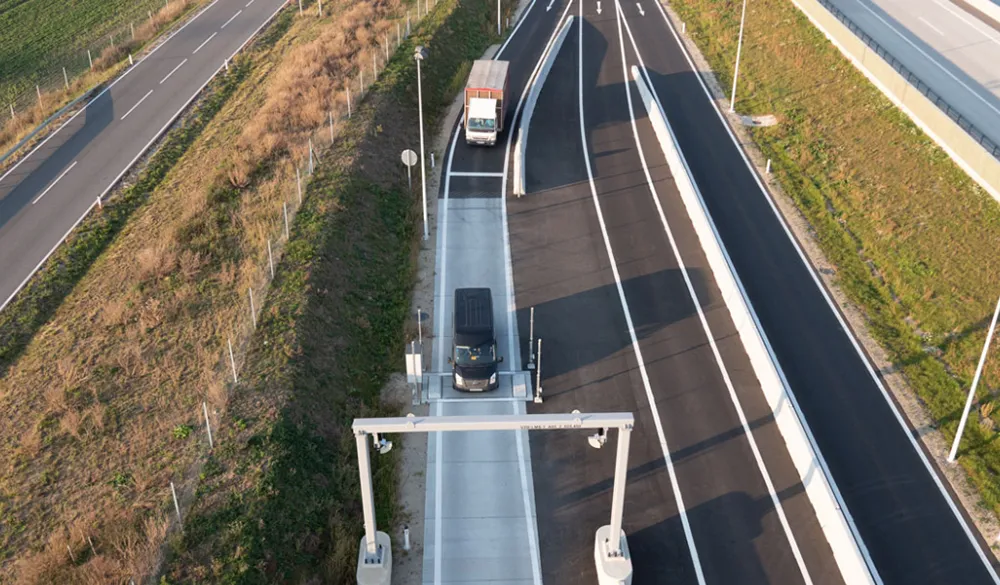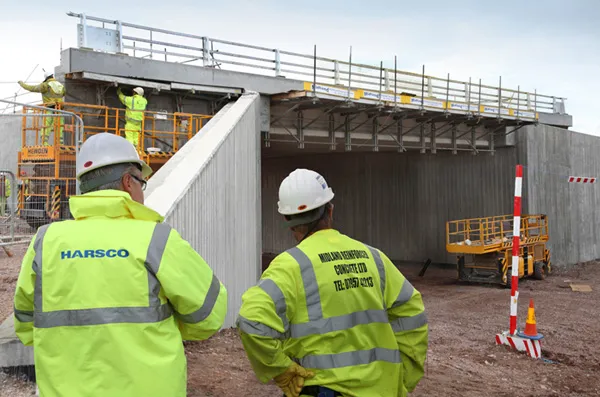An innovative reserved toll lane concept is helping improve traffic flow in Israeli city Tel Aviv.
March 5, 2012
Read time: 2 mins
An innovative reserved toll lane concept is helping improve traffic flow in Israeli city Tel Aviv. The new toll lane on highway No1 is using advanced tolling technology from 1134 Siemens.
The aim of this link is to cut congestion, keep traffic flowing, reduce CO2 emissions and also lower fuel consumption.
The cost of the toll varies on factors such as the level of congestion on the free to use highway sections and the time of day. "This is a worldwide unique project and a big success for us in one of the most important markets in the Middle East," explained Jörg Schneppendahl, head of Complete Transportation at2768 Siemens Mobility. "The flexible adjustment of toll parameters has a positive effect on the traffic management. It promotes intermodal mobility and above all the use of public transportation. This means less congestion, less exhaust emissions and cleaner air." The users of the tolled lane are detected by video-based license plate recognition systems and the dynamic toll is based on current traffic demand in the approach area. The toll is charged to the minute, with the exact amount being indicated on variable message signs.
The tolled lane was built by the Israeli construction company Shapir Civil & Marine Engineering, which will operate the reserved lane for the next 27 years. The company signed a franchise agreement with the Israeli Government. The Israeli company RS Industries/Orad Group was responsible for the traffic control and toll calculation system.
Siemens Mobility supplied the complete traffic management system, which includes the hardware and software for vehicle license plate recognition, traffic data acquisition and the control of the dynamic message signs. The heart of the system is the Siemens-developed algorithm, which analyses the traffic situation and calculates the toll fee.
The aim of this link is to cut congestion, keep traffic flowing, reduce CO2 emissions and also lower fuel consumption.
The cost of the toll varies on factors such as the level of congestion on the free to use highway sections and the time of day. "This is a worldwide unique project and a big success for us in one of the most important markets in the Middle East," explained Jörg Schneppendahl, head of Complete Transportation at
The tolled lane was built by the Israeli construction company Shapir Civil & Marine Engineering, which will operate the reserved lane for the next 27 years. The company signed a franchise agreement with the Israeli Government. The Israeli company RS Industries/Orad Group was responsible for the traffic control and toll calculation system.
Siemens Mobility supplied the complete traffic management system, which includes the hardware and software for vehicle license plate recognition, traffic data acquisition and the control of the dynamic message signs. The heart of the system is the Siemens-developed algorithm, which analyses the traffic situation and calculates the toll fee.









